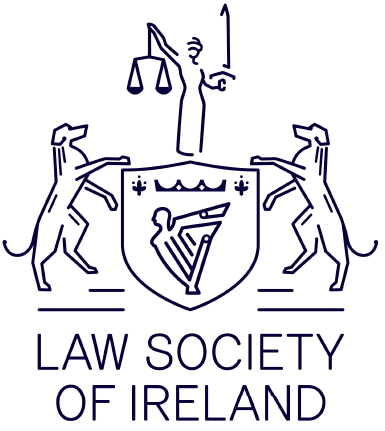If you’ve suffered a brain injury, you likely have a whirlwind of questions and concerns going through your mind about what to do next. The most important thing to know is that you’re not alone. We are here to ensure you are aware of your rights to claim compensation for the distress caused and the potential life-changing consequences of the incident. Nothing can undo what has happened to you, but you deserve the opportunity to avail of every resource possible to help you get through it.
It’s estimated by the The Personal Injuries Board that compensation for a minor brain injury or skill fracture falls into the region of €23,300. With major brain injuries reaching compensation of approximately €129,000. At O’Brien & Company Solicitors, we strive to ensure our clients get the compensation they deserve, to fund the best possible medical care and advice for optimal recovery.
An obvious issue in the case of head and brain injury is a situation where the injury has rendered the injured person incapable of decision-making and therefore does not have the mental capacity to make their own claim. In this case, an appointed person (referred to as a “next friend”) can bring a claim on behalf of the injured person. This will usually be a family member.
This area of compensation is quite complex and it’s essential to seek advice from a solicitor with experience in brain injury claims. Our team has extensive experience in dealing with brain injury compensation claims. We understand the impact such an injury can have on your life and you can rest assured that you are in good hands. We will work closely with you and your family to guide you through the process of making a claim.
What is considered a brain injury?
A brain injury refers to any head trauma that penetrates the skull and causes damage to the brain itself, including the tissues and layers surrounding the brain. The term brain injury is often used interchangeably with concussion, but a concussion is actually just one type of brain injury.
A brain injury can be caused by various events and can range from mild to severe. Unfortunately, a significant number of people who suffer a brain injury will have ongoing symptoms ranging from mild memory difficulties to severe cognitive impairment. This often requires costly medical visits and rehabilitation and is very stressful on both the injured person and the people who support them.
What is the most common cause of a brain injury?
The main causes of brain injury are:
Most significant head trauma injuries result from road traffic accidents, work accidents, sports accidents, falls or assaults. The consequences can be severe and include:
What is traumatic brain injury?
A traumatic brain injury (TBI) is an injury caused by external forces such as a traffic collision, physical assault, or a fall. There are 3 levels of traumatic brain injury:
The effects of traumatic brain injury or acquired brain injury are very much dependent on the severity of the injury. There is no set time frame for maximum recovery that applies to all injured persons. Each individual will have a different injury and their own personal recovery process and outcome. It’s important to note that recovery from brain injury is quite often a slow process that can take years to overcome, and early access to rehabilitation and correct medical care from the outset is imperative for the best patient outcome. Unfortunately, survivors of severe brain injury may still suffer permanent diababiling effects of the injury for the rest of their lives.
One of the most common effects of traumatic brain injury is concussion, which is caused by a blow or bump to the head. Concussion can also be caused by a blow to the body that causes back and forth jostling of the brain inside that head. This can sometimes lead to post-concussion syndrome which is caused by symptoms such as dizziness, headaches, and nausea that can persist from a few days to over a year.
Post-concussion syndrome can be very traumatic for the person suffering the injury and can limit their ability to perform even the most basic everyday tasks as a result. Many of the clients we deal with who suffer from concussion also experience whiplash, which makes the injury and recovery even more disabling.
The most common causes of concussion include:
Other common types of brain injury experienced in Ireland include:
It’s imperative to contact a solicitor as soon as possible following your brain injury, as the time limit for claiming compensation is 2 years from the date of the injury (with an exception in the case of mental incapacity). At O’Brien & Company Solicitors, we understand the challenges faced by individuals and their families in the aftermath of a brain injury, and we are here to help.
When you reach out to us, our specialist solicitors will do everything we can to reduce the stress on you and your family, and deal with your brain injury claim as quickly as possible. If you’re unsure about how much compensation could be available for you or what type of legal action might be most appropriate, then we recommend seeking advice from our team as soon as possible so that we can assess your case and advise accordingly. Call us today on 01-874 6959 for a confidential conversation about your situation and we can help you to move forward.
Contact us now
in confidence.
O’Brien & Company Solicitors has a wealth of experience and a history of success in personal injury and medical negligence cases.
We pride ourselves on achieving the best results for our clients whilst at the same time making everything as straightforward and clear for you as possible.


